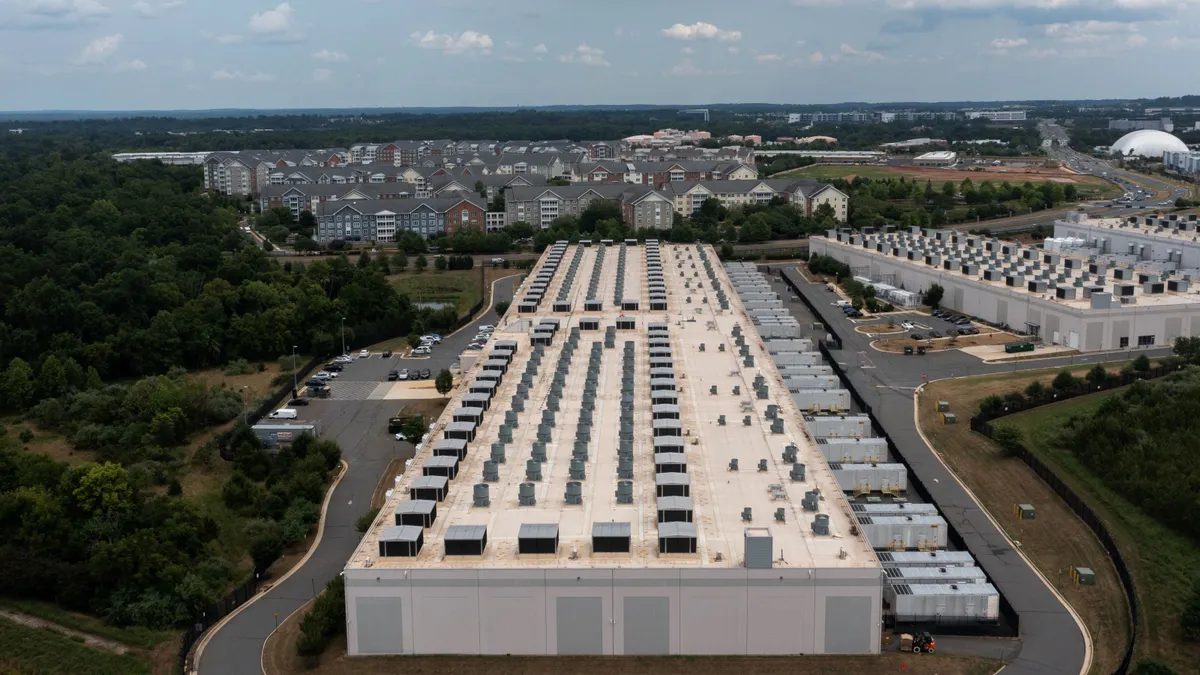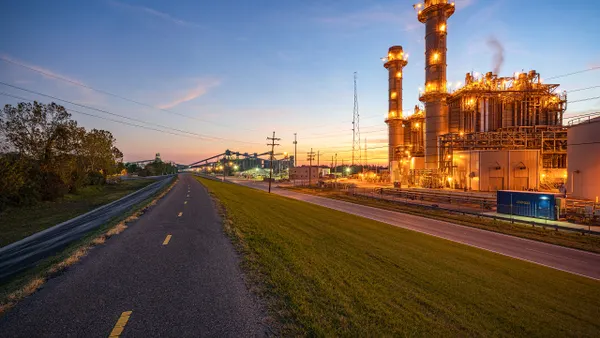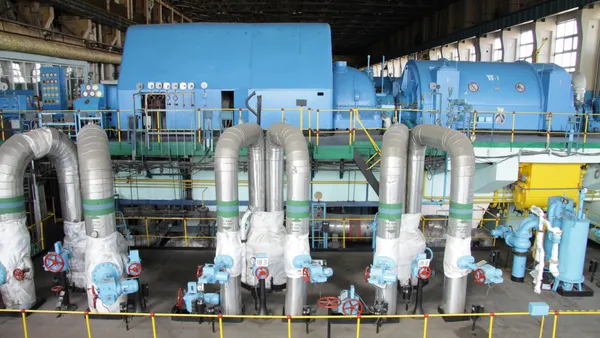The Federal Energy Regulatory Commission on Friday approved a transmission service agreement between PECO Energy, an Exelon utility, and Amazon Data Services that outlines how Amazon will pay for grid upgrades that are needed to supply power to a planned data center in Falls Township, Pennsylvania.
FERC rejected a call by the PJM Interconnection’s market monitor, Monitoring Analytics, to assess how Amazon’s data center could affect capacity and energy costs for ratepayers as well as grid reliability, saying those issues were outside the scope of the proceeding.
“The transmission security agreement does not address the generation capacity necessary to serve the data center, but instead identifies and recites terms and conditions designed to ensure that Amazon fulfills its expected contribution to PECO’s transmission revenue requirement, commensurate with the retail service that the data center will take pursuant to a state-jurisdictional retail tariff,” FERC said.
In its decision, FERC said the PECO-Amazon agreement met the Mobile-Sierra presumption. Under that doctrine, FERC must presume that freely negotiated contracts between independent parties are just and reasonable unless the agency finds the rates seriously harm the public.
In response to requests by Constellation Energy Generation and Monarch Energy Development, a data center company, FERC said its approval of the PECO-Amazon agreement wouldn’t set a precedent for other transmission service agreements.
The agreement includes provisions designed to protect utility customers from costs related to providing transmission service to the data center, including in the case that the data center complex isn’t built as planned, according to PECO’s Sept. 23 application at FERC.
FERC Commissioner Judy Chang voted to approve the PECO-Amazon agreement, but in a concurring statement she warned that it raises “significant questions” about how FERC and state utility commissions will address customer protections in future cases.
FERC, which oversees wholesale rates, and states, which regulate retail rates, need to work together to ensure that retail and wholesale customers are protected against unjustified cost increases related to large load additions, according to Chang.
“The commission should not allow transmission owners to create jurisdictional ‘silos’ or ‘loopholes,’ where states are prevented from taking steps they deem appropriate to protect retail customers while the commission approves provisions under a Mobile-Sierra framework without giving them meaningful scrutiny,” Chang said.
Although the PECO-Amazon agreement qualifies for the Mobile-Sierra presumption, the companies are private entities and their agreement should not be presumed to be in the best interests of customers, Chang said.
FERC will likely increasingly be asked to review one-off agreements claiming to protect customers against transmission cost shifts, but the agency lacks a framework for assessing those protections, Chang said, noting that states have approved or are considering more than 60 large load tariffs.
“It may be time for the commission to proactively consider how to guarantee sufficient customer protections, such as the ‘higher of’ pricing policy, to ensure that we do not outsource our customer protection responsibility to bilateral agreements by the utilities we regulate,” Chang said.
Currently, FERC’s “higher of” policy aims to protect existing transmission customers from network upgrade costs for generator interconnections. If rolling network upgrade costs into transmission rates would raise the average embedded cost rate that existing customers pay, the transmission provider may charge an incremental cost rate for the new service, insulating existing customers from the system upgrade costs, Chang said.
FERC’s decision and Chang’s comments come as the agency is beginning to review a U.S. Department of Energy proposal for rules governing large load interconnections to the transmission system.















